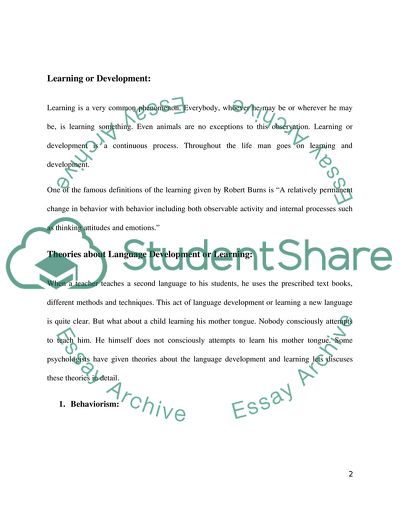Cite this document
(Family Is an Important Role in Language Development Case Study - 1, n.d.)
Family Is an Important Role in Language Development Case Study - 1. https://studentshare.org/family-consumer-science/1710698-language-development
Family Is an Important Role in Language Development Case Study - 1. https://studentshare.org/family-consumer-science/1710698-language-development
(Family Is an Important Role in Language Development Case Study - 1)
Family Is an Important Role in Language Development Case Study - 1. https://studentshare.org/family-consumer-science/1710698-language-development.
Family Is an Important Role in Language Development Case Study - 1. https://studentshare.org/family-consumer-science/1710698-language-development.
“Family Is an Important Role in Language Development Case Study - 1”. https://studentshare.org/family-consumer-science/1710698-language-development.


